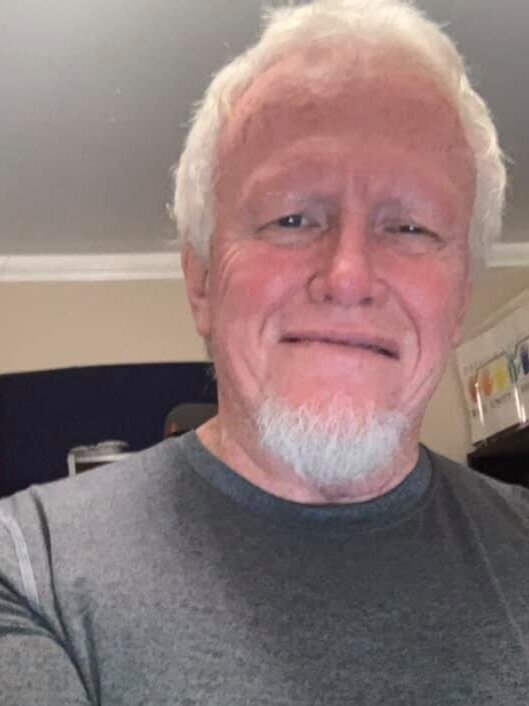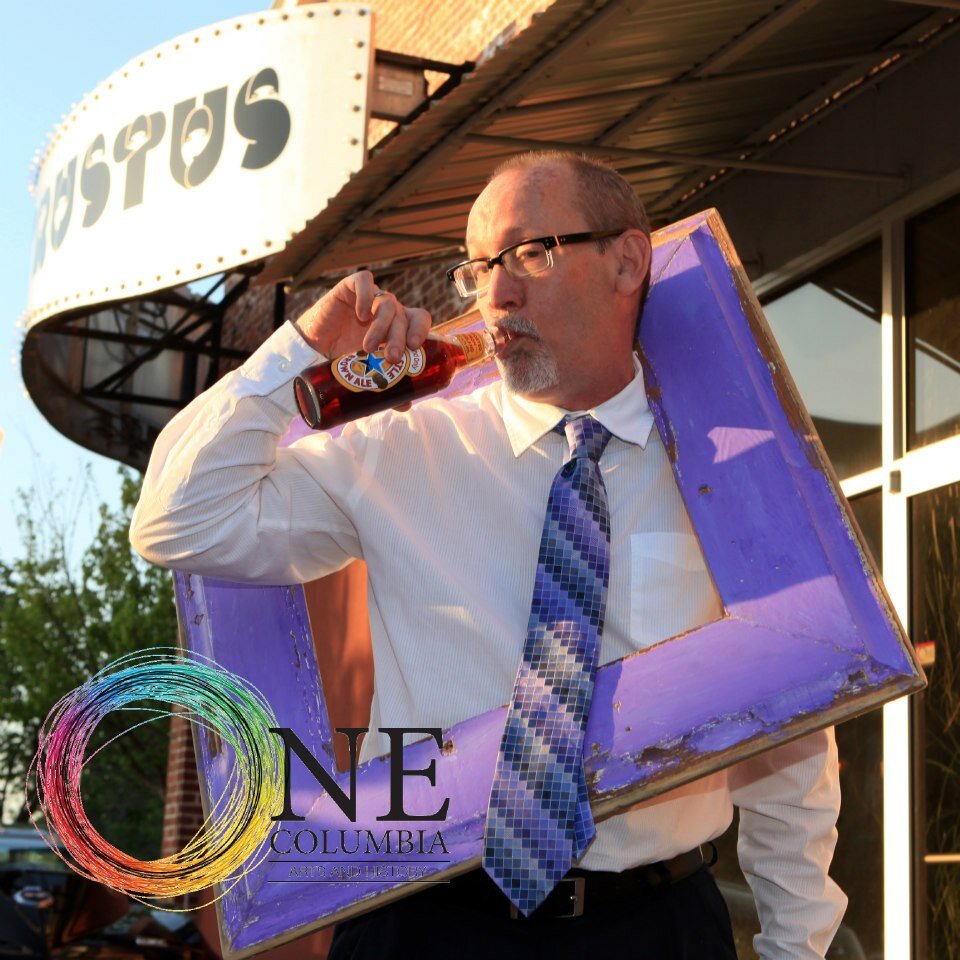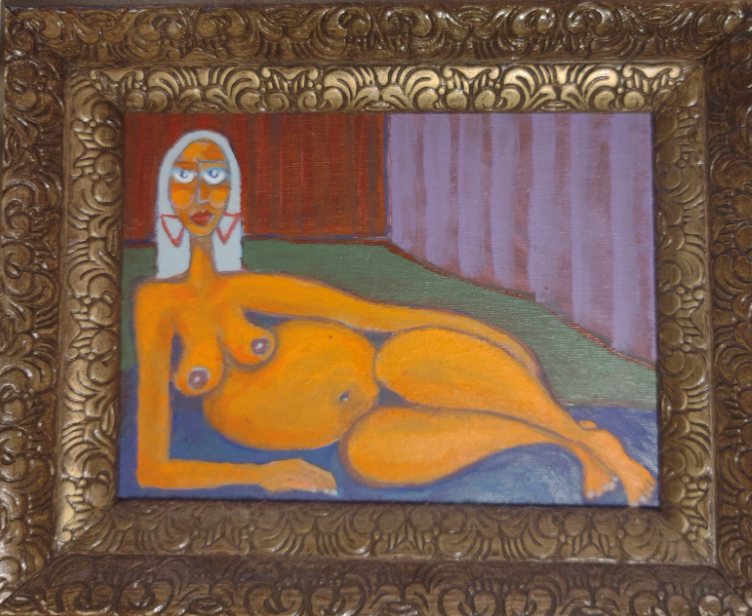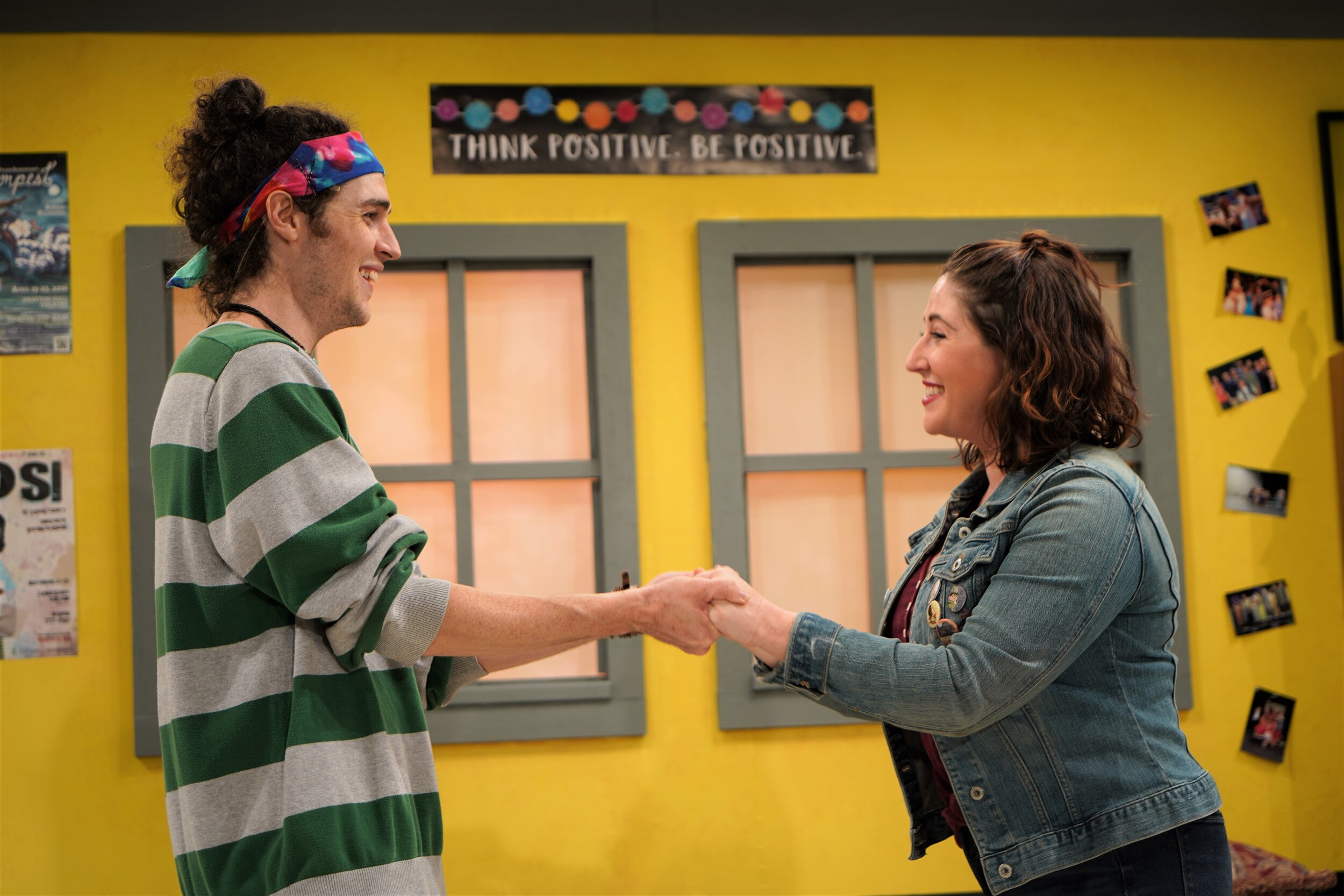Throughout the COVID-19 pandemic, Jasper has been checking in on local artists, seeing what they’ve been creating, and ensuring their voices get heard. I was able to have a virtual interview with local musician, Ahomari, about their new EP, Girl Kiss II (September 2020), and their creative process this year. The 29-year-old artist shared their raw experiences with music making, the importance of saying what needs to be said, and some advice for fellow Black creators.
Jasper: Ahomari, I don’t believe we’ve met, but I’ve enjoyed discovering your work through this writing process! Can you tell me what first led you to music as a form of expression?
Ahomari: Music has been my everything since I was a little kid. When albums would come through the house, I’d read all the liner notes. Would make little lists of my favorite producers and songwriters. I would make loops of my favorite parts from the instrumental breaks in songs from CD to cassette tape. I guess you could say I was sampling, but I honestly didn’t know what I was doing. Think I was like 9. Songwriting started at 8, but it was very simple and mostly nonsense.
Jasper: So, music was your first form of creation then?
Ahomari: My first mode of creation was visual. My mom taught how to draw, and I was always either drawing horses or fashion designs. My mom can do fashion design, and I think I inherited some of that from her though I have no fashion sense. I used to also write little books. Like full on stories with chapters and shit. My brain these days is kind of fried but that’s not of my own doing. The human body is weird.
Jasper: That it is. Did you, or do you, have any major artistic influences that inspire your music making? Or perhaps experiences that continually show up in your work?
Ahomari: Most of my inspiration is taken from all the music I grew up with but these days it’s mostly Missy Elliott, Janet Jackson and Arthur Russell. A lot of my music is about my experiences as a queer and how it’s like to navigate with everything going on in my head.
Jasper: When you take what’s in your head and transform it into music, do you typically produce in a specific genre, or do you like to play around?
Ahomari: I don’t really know what genre is for me personally. It’s all electronic, I guess. I don’t take mainly from one genre. I’ve always wanted to be a pop star, but nothing I make comes out grand like an NSYNC or a Samantha Mumba. It comes its own way. I do want to make a full-on punk Stooges type album, a Post Punk album, a R&B album, a Country album, a like 00s Boyband Pop album.
Jasper: How would someone know when they put on a record that that’s Ahomari?
Ahomari: People have tried to compare me to other artists, and I’ll never understand why. I don’t think I sound like anyone but me. When you hear me, you know it’s me because I’m never current. I’m never in line. Nor am I conventional in any aspect of my being and creatively though I try and fail.
Jasper: Would you say your discography so far is unconventional too?
Ahomari: Everything so far is just an experiment until I get there. I don’t like most of my discography. I love the stuff I did in Blue, Girl, but I end up hating most of my music after releasing it because it never sounds the way I want it to. My discography is disjointed like my music. It exists and it doesn’t at the same time.
Jasper: Well, I know you just released a new EP – Girl Kiss II, right? What all went into making this?
Ahomari: Girl Kiss II started the same time I made the first Girl Kiss project. I don’t have a process. I create when I feel like it. I didn’t know I was gonna release anything. I was done with music to be honest. This also brought my first collabs. I’m mostly 100 percent involved with everything, but this project has a song produced by someone else and I also share writing credits, which is not something I usually do. Thankful to Quiet Year—without them I’d probably be caught in a loop.
Jasper: Having good collaborators is great! How do you go about finding people to work with?
Ahomari: I just be knowing people to be honest. All my friends are talented.
Jasper: You said you were done with music. What stories said, “we need to come out” that resulted in Girl Kiss II?
Ahomari: A lot of the music on Girl Kiss II is old and reworked. One story that needed to come out into this album was that I’m scared of most things human. For a long time, my music has been me being a robot. I deliver my songs like a robot. No emotion as a solo artist. With the music I’m working on currently, I’m allowing myself to express emotion and be fun.
Jasper: That’s awesome! How did you choose what would be the most expressive and fun in this album? Why these songs?
Ahomari: Why not these songs? They’re good songs. Selecting these songs was so easy, though it did go through multiple changes, and I almost didn’t release it, but this album is the most me. This and Blue, Girl are the projects I’m most proud to be a part of. What I made with Sean, Marcy and Kiwyon was so special. It’s the most free I had ever been vocally and lyrically. I really miss it. I miss being in a band. Anyone need a vocalist and writer? Hit me up!
Jasper: On that note, tell me a bit about your process as a vocalist and writer.
Ahomari: I write almost every day in my notes app. I used to keep notebooks on top of notebooks since I was like 11, but I threw them all away. Still remember some of the songs. They were cute. These days I’m working with Eric Fury, so when he sends me a song, I go through my notes to see what could work mostly. Nothing complicated. Writing comes pretty easy to me. My brain won’t shut up.
Jasper: How do you navigate through your brain? How do you know when you’ve picked the right words?
Ahomari: I know I’ve picked the right words when I know it’ll upset someone or myself. I have a song called “Dressed in White” that may be my next single, and the lyrics go, “I’ll hate your white girlfriend instead because it’s better than what I’m feeling.” It’s about queer people of color who exclusively date White people. That’s a complicated conversation. It’s rooted in so many things including self-hate.
Jasper: You did something a lot of people haven’t been able to do lately – you made something. How do you feel the environment of 2020—rife with BLM, a global pandemic, and a divisive election—affected your creative process?
Ahomari: The environment in 2020 is not new to me except for the pandemic being a thing. I’ve always been Black and Queer and have been able to create regardless. It’s just new to people who “care.” When I started talking about this stuff years ago, Columbia wanted me to shut up. I don’t know why they care now. Should of cared far before Donald Trump was in office.
Jasper: No, you’re absolutely right. If there are any creators in a similar place, what would you tell them?
Ahomari: Advice to other Black creatives would be to take care of yourselves first. It’s not easy, but it’s essential to remaining.
Jasper: Lastly, how are you? As a human, as a creator—how is your soul?
Ahomari: My soul is still here despite what it looks like.
If you’d like to support Ahomari’s work, you can peruse their music and purchase Girl Kiss II from their Bandcamp at ahomari.bandcamp.com. You can also support them through contributions at PayPal.Me/Ahomari.
—Christina Xan































































